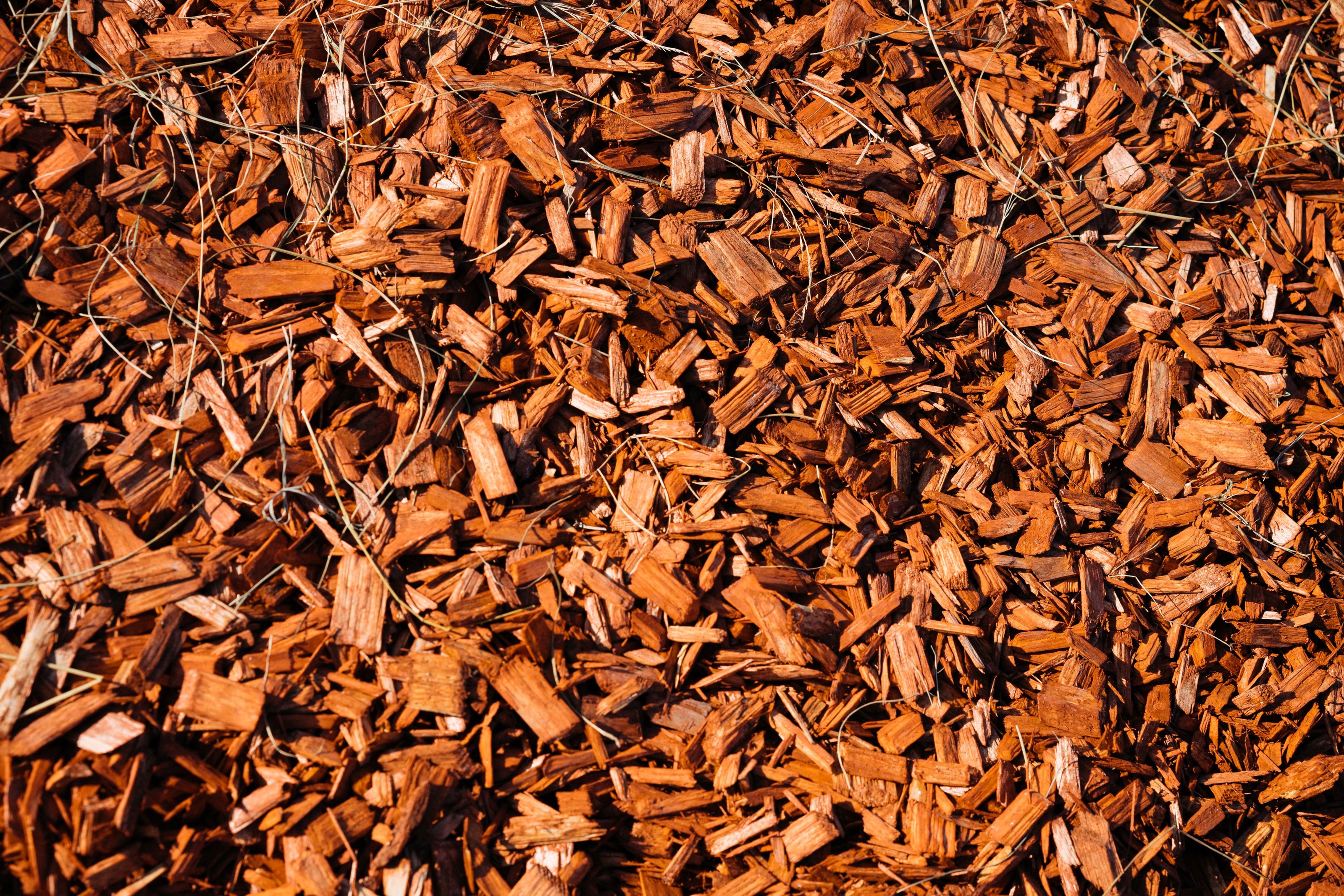Norway generates 1.2 mill tonnes per year of various biological waste types, such as waste timber, garden waste, forestry residues, food waste and sewage sludge. These waste types are often contaminated with pollutants and microplastic particles.
The VOW project is centered around so-called pyrolysis, combustion without oxygen. This generates "engineered charcoal" of the biological waste: biochar. The high temperature of pyrolysis, above 600 C, destroys microplastics and pollutants in the wastes. Biochar has the important property that it also can bind chemicals very strongly, and thus remove them from air, waste water and soil.
The biochar, especially after special treatments, could thus carry high value as a binder for cleaning of other waste, soil, air and water. Leaching, emissions and environmental risk of chemicals would be reduced. Another important benefit of biochar is carbon storage, combatting climate change, and adding to the sustainability of the process.
Main objective
The main objective in this project is to use biological waste to create sustainable products for soil, air and wastewater treatment. The sustainable biochar sorbents will be optimized and tested in real-world contamination scenarios. Income will be generated through clean, valuable, internationally saleable biochar-based binders.

Lightly contaminated waste types investigated in the project (all photos: NGI). From top left to right and down: 1 - Waste timber, 2 - Forestry and park waste, 3 - Measuring emissions from a high-tech pyrolysis unit, 4 - Making biochar from Lindum waste timber, 5 (second row left) - Biochar from waste timber and activated biochar from waste timber, 6 - Sewage sludge, 7 - Waste timber and park waste biochar, 8 - Project leader Gerard Cornelissen (NGI), 9 - Our Swiss partner Nikolas Hagemann and his biochar unit.
Outcomes and impacts
The project will result in a novel, globally applicable value chain around sorbents made from organic waste. Today organic waste recycling involves high costs, especially when the waste is contaminated. Pyrolysis produces clean sorbent products with positive market value. On top of this come climate benefits: pyrolyzing 1.2 mill tonnes/y organic waste in Norway would offset the GHG emissions of 200 000 people.
Biochar sorbents allow companies to make sustainable choices in their business activities. Climate and environment-friendly biochar sorbents would replace non-sustainable, fossil activated carbon, and may be traded internationally for up to 40000 NOK per tonne for use in water and air treatment. However, the range of application of biochar sorbents would be much larger, including soil and waste treatment: lower leaching from contaminated soil and waste would reduce costs and environmental impact of landfilling. This would result in huge global environmental and social benefits.







